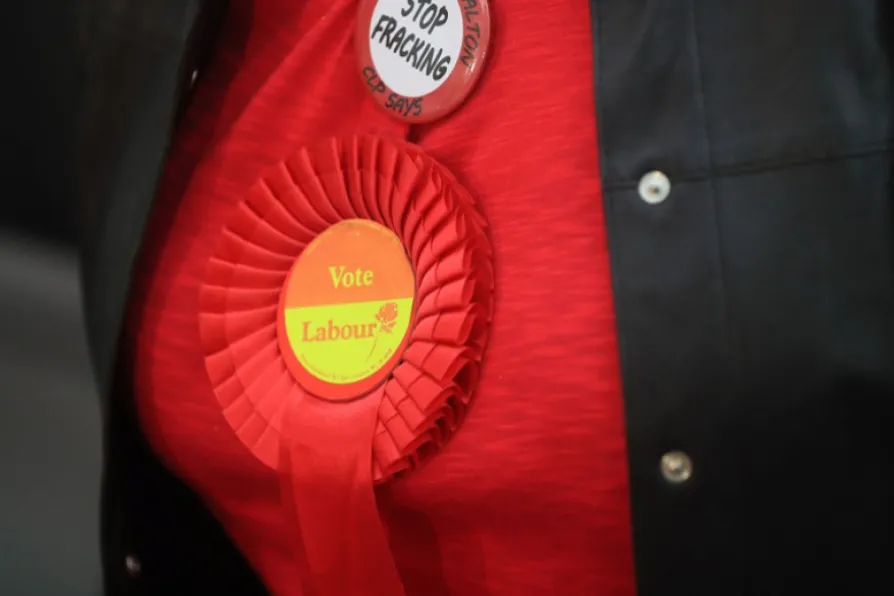The National Education Union general secretary speaks to Ben Chacko on growing calls to protect children from a toxic online culture


I WAS recently chosen to stand for selection to be a candidate for a local by-election as a councillor.
As a well-known community activist, I was overjoyed and even more so when I won the vote and was selected as the local labour ward’s chosen candidate.
However my joy was short-lived. Following a meeting held by my local Labour Party Campaign Forum, it was decided that I would be deselected, because, in their words, “it would bring the council and local Labour Party into disrepute.”

Roger McKenzie talks to general secretary of Unison CHRISTINA McANEA about the impact of the cost-of-living crisis on members, the local government funding emergency and the threat of Reform UK

CAROL WILCOX argues for the proper implementation of the land value tax, which could see unused plots sold off and landlords priced out of landlordism, potentially resolving the housing and planning crises












